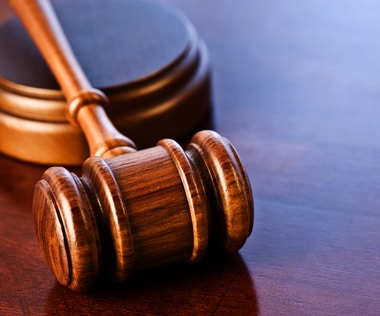If you are preparing to go to trial on criminal charges, one pre-trial strategy your defense attorney may suggest is to file a Motion to Exclude or Suppress Evidence. If upheld, this motion can keep wrongfully obtained evidence from being used against you at trial, and in some cases can even avert a trial altogether.
Understanding the Motion to Suppress
A Motion to Exclude or Suppress Evidence (often simplified as “Motion to Suppress”) is a pre-trial motion requesting that the courts exclude one or more pieces of evidence from the upcoming trial. Under the law, only evidence that is pertinent to your case and legally obtained may be presented at your trial. This safeguard is in place to protect you, the defendant, from any skewed or contrived evidence that might be used to incriminate you unfairly, covering anything from items unlawfully seized to coerced confessions.
Why File a Motion to Exclude or Suppress Evidence?
Unfortunately, due process is not always followed when investigating a case, and the resulting evidence may be tainted. If your attorney suspects this is the case with any piece of evidence, he/she may file a Motion to Suppress, citing the reasons why the evidence in question is inadmissible in court. The presiding judge then determines whether the claims are valid, and whether to approve the motion. If the evidence in question is key to your case, suppressing evidence can result in reduced or dropped charges, or even having the case thrown out before it makes it to trial.
REASONS WHY THE COURT MAY EXCLUDE OR SUPPRESS EVIDENCE
There are number of valid reasons why the judge may affirm a Motion to Exclude or Suppress Evidence. For example:
- The evidence was obtained illegally. The Fourth Amendment to the Constitution protects U.S. citizens from unlawful search and seizure of their property (i.e., without a valid warrant) or “probable cause.” This is also known as the “Exclusionary Rule.” If there is any indication that evidence gathered by police was obtained without the proper warrants, you have the right to challenge its admissibility.
- Improper handling of the evidence. There is a “chain of custody,” a proper procedure for handling evidence that is gathered in your case. If evidence has been improperly tagged or didn’t follow the chain of custody correctly, your attorney can challenge it, not because it isn’t valid evidence, but because of increased probabilities that the evidence was tampered with.
- Failure of the police to read you your Miranda Rights. “Anything you say can and will be used against you in a court of law.” If the police interrogated you without first reading you these rights, your attorney can file a Motion to Suppress any recorded answer you gave the police.
Our Experience with Pre-Trial Motions to Suppress
Allowing only untainted evidence to be presented in court is a key to protecting your rights under the law. The attorneys of the Federal Criminal Law Center have extensive experience in filing effective pre-trial motions, and we have the expertise to determine when a Motion to Exclude or Suppress Evidence is most likely to be effective.


